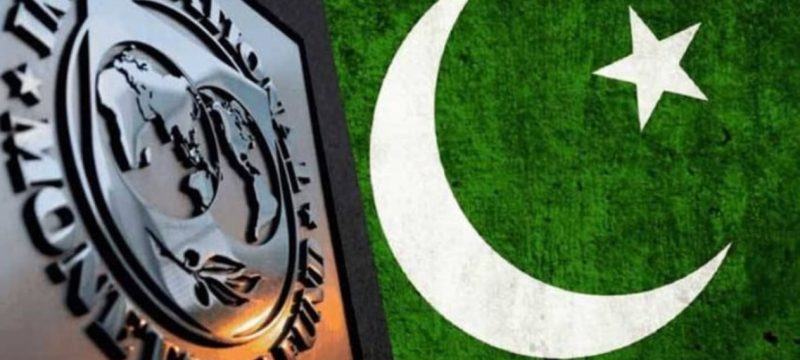The International Monetary Fund (IMF) has urged Pakistan to submit a comprehensive plan for transitioning from the agricultural support price mechanism to market-determined rates. The move is intended to prevent financial losses for farmers and supply chain disruptions, but the Pakistani government has missed the deadline for submitting this plan, which was due by the end of September 2024. This delay has led to policy paralysis, with no decision yet on maintaining strategic wheat reserves.
During a virtual meeting in late November, the IMF inquired about the missing plan, highlighting that despite the Pakistani Ministry of National Food Security and Research preparing a brief for the provinces, there is no consensus on a strategy for managing strategic reserves or transitioning away from the support price mechanism. This has resulted in uncertainty for farmers, who are left without clear guidance on the changes.
Also Read: IMF urges Pakistan to curb state control and reform energy sector
The IMF’s concerns about the agricultural support price system revolve around its distortive effects on the market. The government’s intervention has historically led to price volatility, hoarding, and a lack of innovation in the private sector. During the $7 billion loan program negotiations, Pakistan agreed to phase out the support price mechanism, but implementation has stalled, leading to confusion in the wheat and sugarcane markets.
In response to the IMF’s queries, Pakistani authorities have held internal discussions about the challenges in implementing the program. The transition plan remains a pressing issue, as does the question of maintaining strategic wheat reserves, especially for provinces like Khyber-Pakhtunkhwa (K-P) and Balochistan, which are wheat-deficient and rely heavily on federal reserves.
Pakistan’s government had previously decided to wind up the Pakistan Agricultural Storage and Services Corporation (Passco), which is responsible for maintaining 2 million metric tons of strategic reserves, but this process has not been completed. Furthermore, federal and provincial governments had agreed not to announce support prices for raw commodities like wheat, leading to a price crash in the market when the decision was implemented without a proper plan.
There are growing concerns that if no immediate action is taken, Pakistan may face a wheat shortage, particularly in wheat-deficient regions. In October 2024, the Ministry of National Food Security warned Prime Minister Shehbaz Sharif that failing to set a new wheat support price and procurement targets could result in a wheat import bill of $1 billion, as domestic wheat production has consistently fallen short of self-sufficiency levels in recent years.
The lack of a clear transition plan not only risks agricultural market instability but also endangers the food security of several provinces and regions dependent on federal wheat reserves, including K-P, Balochistan, Azad Jammu and Kashmir, Gilgit-Baltistan, and the armed forces. The IMF and the Pakistani government must reach an agreement on a sustainable plan to ensure stability in the agricultural sector while adhering to the loan program commitments.









